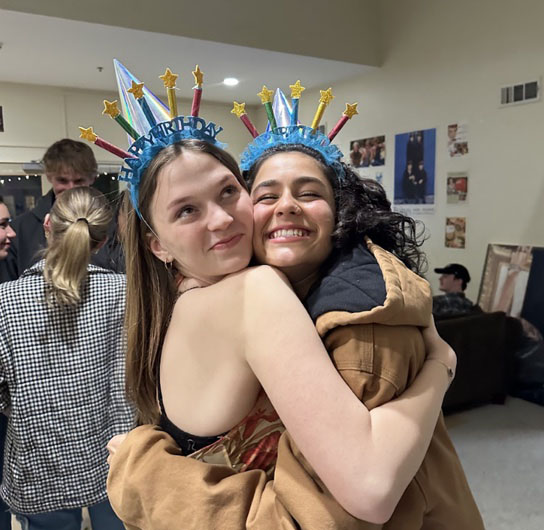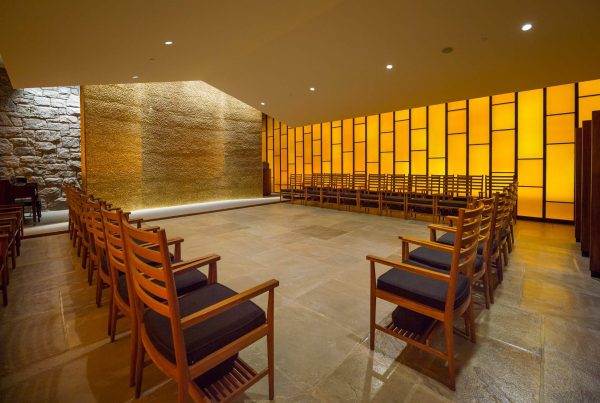Walk-Throughs Disrupt Broad St.
Colgate’s desire to assert greater control over the Greek Life system takes on new forms each year. Currently, members of Greek Life take issue with the frequent Campus Safety walk-throughs of Broad Street housing.
For years, Greek Life at Colgate has feared a seemingly imminent extinction. After the November 2000 drunk driving accident which resulted in four student deaths and a DKE member imprisoned for vehicular manslaughter, Colgate formed a task-force to address problems with Greek Life. In 2005 Colgate’s task force unveiled a plan that required essentially all students to live in university-owned housing.
“There have been sexual assaults, hazing, violent fights and a pattern of problems over the years. Many people thought change was necessary,” Colgate’s then-representative James Leach said in a April 2005 interview with USAToday. “The task force looked at several options, including eliminating the Greek system. Instead, it recommended a way for the university to assert greater control, and still give students authority over their operations.”
An ultimatum was given to all Greek houses: sell out or leave campus. Most houses eventually sold, except the house belonging to Delta Kappa Epsilon (DKE). DKE filed, and lost, a series of lawsuits against the university. The organization lost University recognition and the house stood abandoned for years. The DKE House, located at 110 Broad Street, is now first-year housing.
Regardless of the significance of the house to each Greek organization, the University views each of its residential properties as student housing. Greek houses are considered “Broad Street housing” no different from LOFT’s 94 Broad or Wellness’s 104 Broad. Broad Street houses are no different than first-year dorms such as Andrews or Stillman.
“[Walk-throughs] are not a new policy; it is a standard practice of our campus safety program,” Director of Campus Safety Bill Ferguson said. “As far as campus safety goes, they are all residence halls. I would not say there is a higher frequency [of walk-throughs].”
“The thing that bothers me about the Broad Street house walk-throughs is that they aren’t anonymous spaces like a dorm is,” senior and Loj resident Katie O’Leary said. “This is our house, anytime someone walks into your home uninvited and for no reason, it’s a problem.”
I have received some questions as to why [students] have seen campus safety officers coming through the facilities,” Ferguson said. Campus Safety has an “Adopt-a-hall” program which assigns officers to particular residential facilities. This year, Campus Safety focused on covering 75 percent of first-year housing with this program. “The purpose [of the Adopt-a-hall program] is to have officers meet students, greet students, talk with students about various issues in a non-incident situation so that the students can get to know who the officers are.”
When told that the walk-throughs were part of an “Adopt-a-hall” program, O’Leary had more to say.
“That’s just not true,” she said. “They walked straight through. They said, ‘We’re just walking through.’ They didn’t stop to talk to us. One time it was at 10:30 [p.m.] and the other time it was 2 or 3 [a.m.].”
A new male member of Greek Life at Colgate who asked to remain anonymous recounted a similar walk-through, “The officer walked in and made no effort to talk to us. It seemed as if he was there to bust our chops. The whole situation was incredibly awkward.”
The Inter-Fraternity Council (IFC) could not be reached for comment.
Ferguson recognizes a “cultural change” at Colgate, which occurred when the Greek houses became residential facilities. “As campus safety we have the right and the responsibility to check everything,” Ferguson said. Although Campus Safety maintains this walk-through policy has been in place for years, it is perceived by some as yet another affront to the already belittled Greek institutions of Colgate University.









